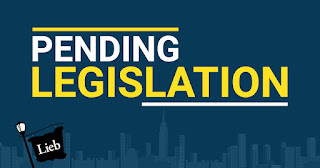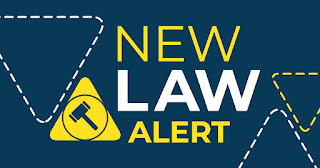In Burns v. Town of Palm Beach, the 11th Circuit said free speech does not let you build a mansion when zoning prohibits it.
This case is a true Palm Beach tale.
Donald Burns sought to knock down his "traditional" beachfront mansion and build an entirely new one, double the size, in a mid-century modern style.
Get that - mansion #1 wasn't big enough so he needed mansion #2.
In order to build his new mansion, Burns had to obtain approval from the Town of Palm Beach's architectural review commission.
However, the commission denied Burns' building permit and found that his new mansion was not in harmony with the proposed developments in land in the general area and was excessively dissimilar to other homes within 200 feet in terms of architecture, size, and mass.
This prompted Burns to take the dispute to federal court where Burns sued the town, claiming that the denial of his building permit was a violation of his First Amendment free speech rights and Fourteenth Amendment rights to due process and equal protection.
Our hats are off to Burns' attorneys for this creative argument (lawyers that think outside the box are the best client advocates). Yet, Burns lost.
The 11th Circuit found that architectural design was not protected by the First Amendment because "there was no great likelihood that some sort of message would be understood by those who viewed Burns's new beachfront mansion."
In the majority opinion, Judge Robert Luck stated that "one day, we may even find some residential architecture to be expressive conduct. . .but Burns' new mansion is not Monticello or Versailles. . ."
Do you agree?
Should artistic expression override zoning laws?
















